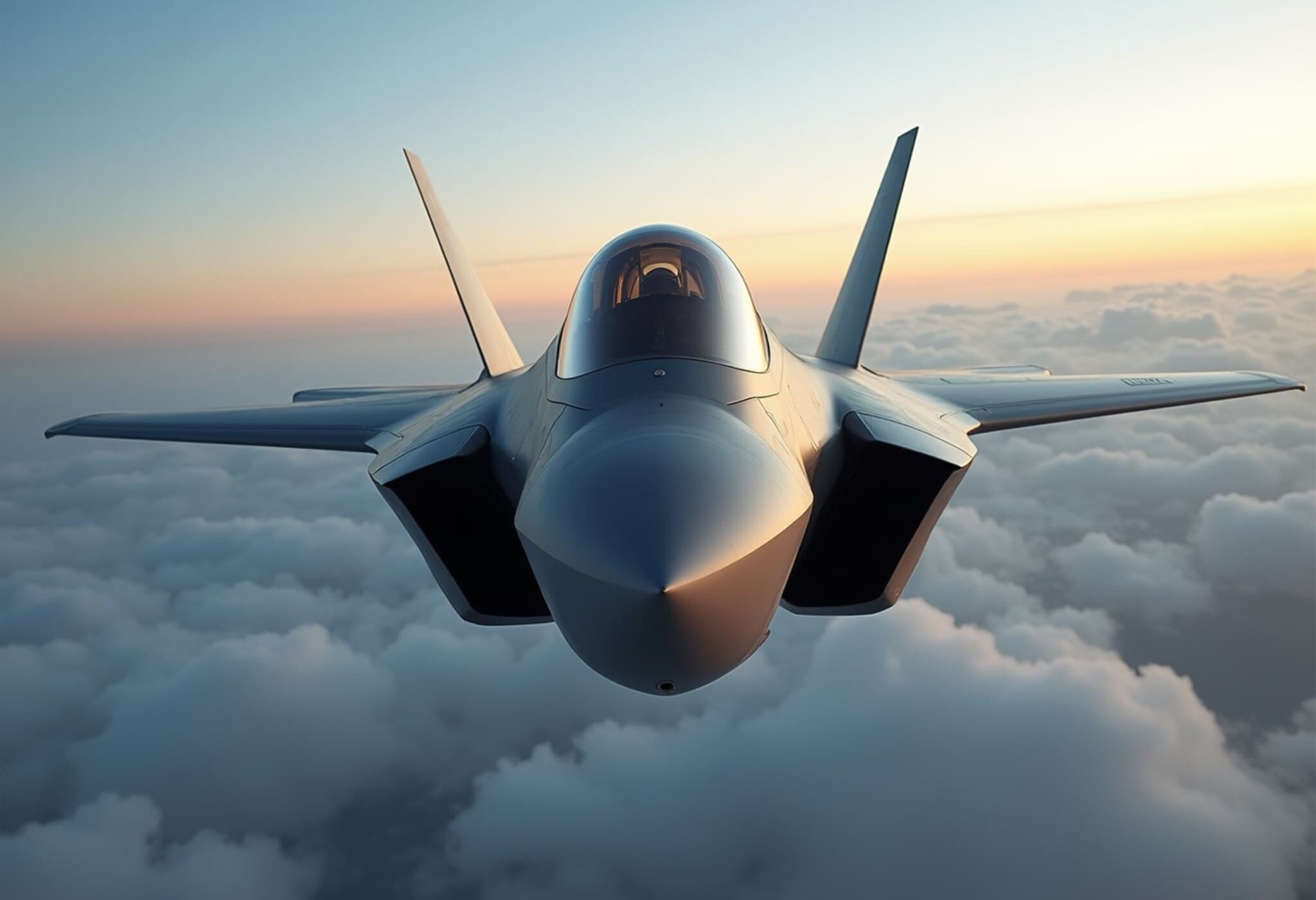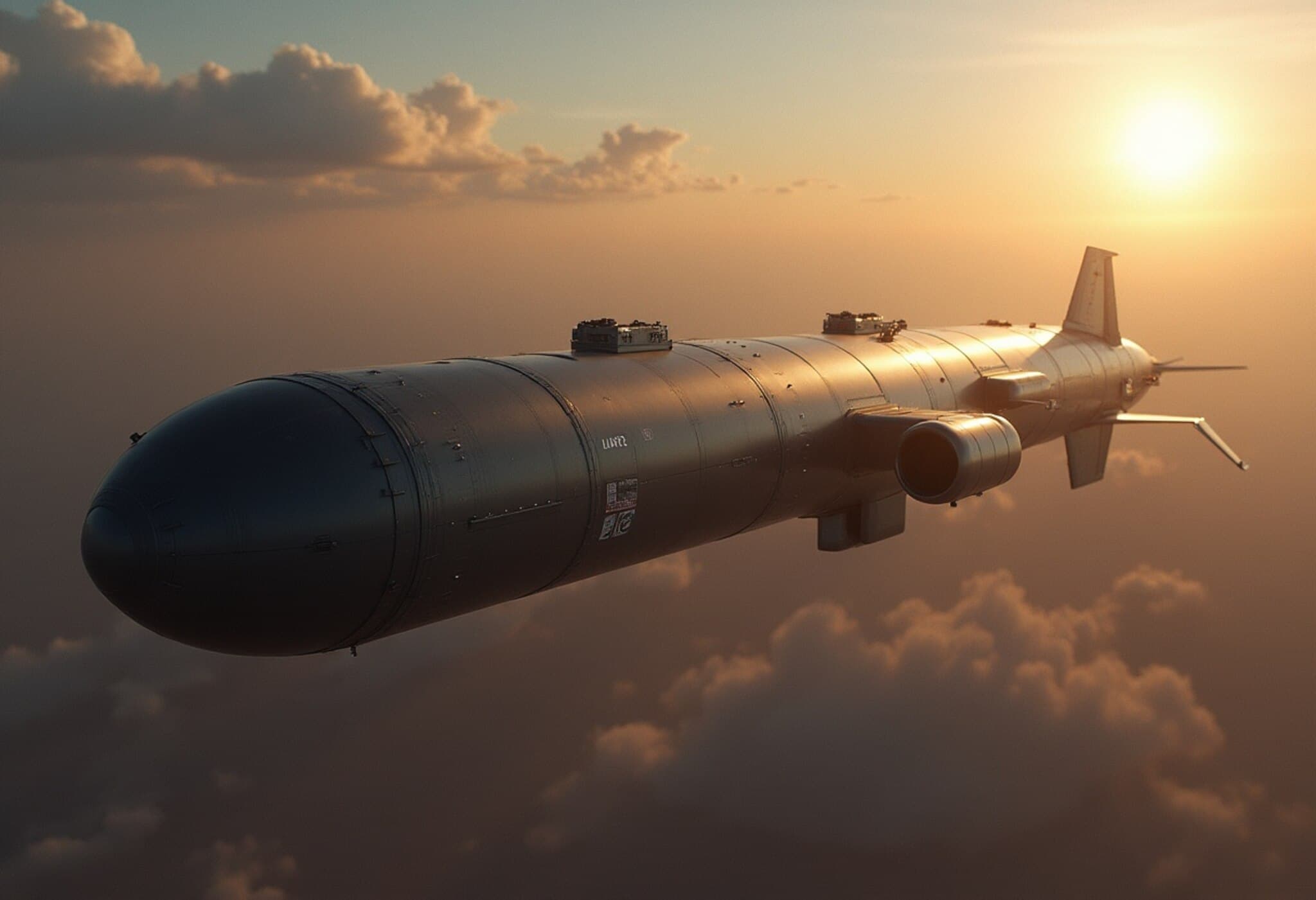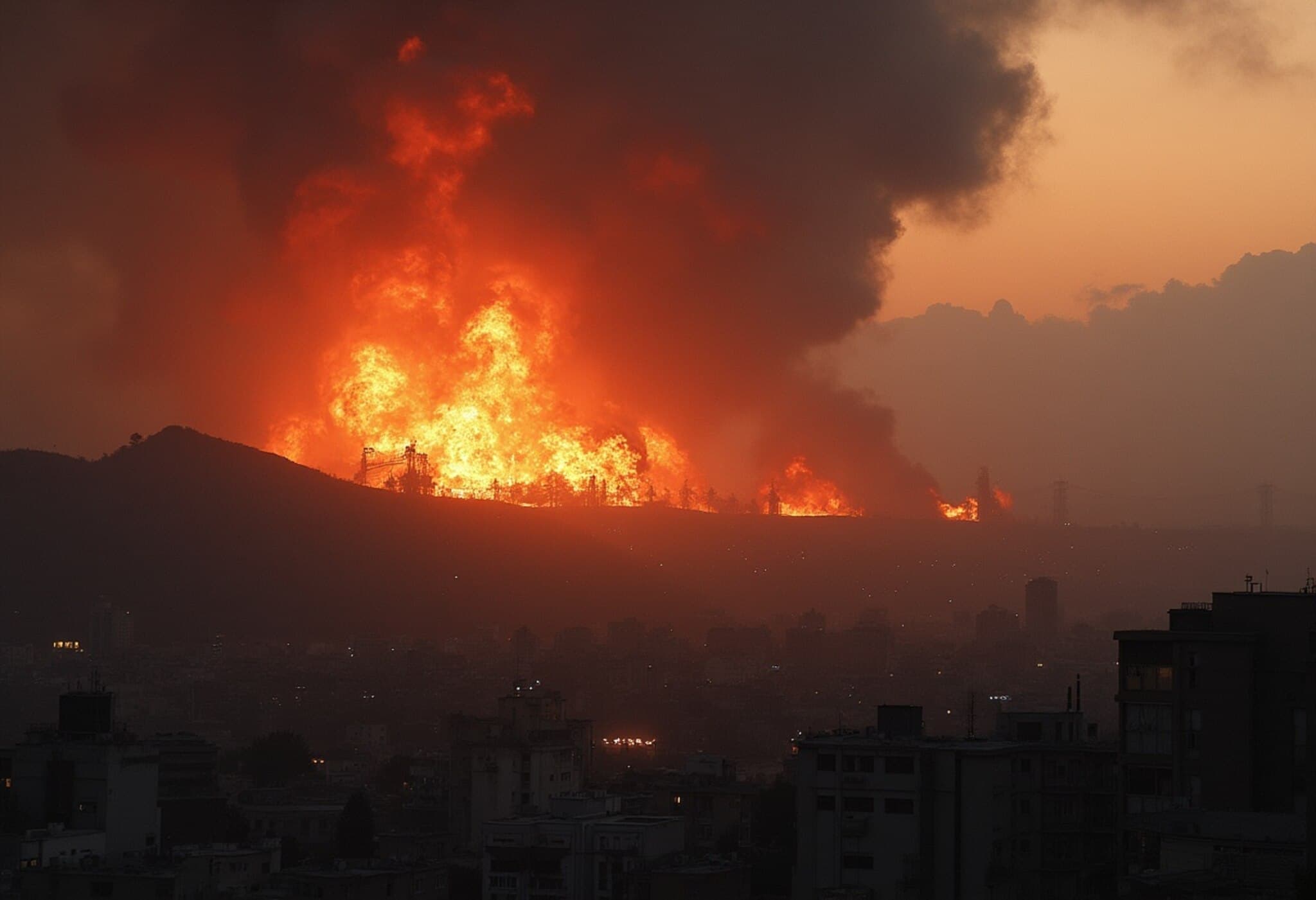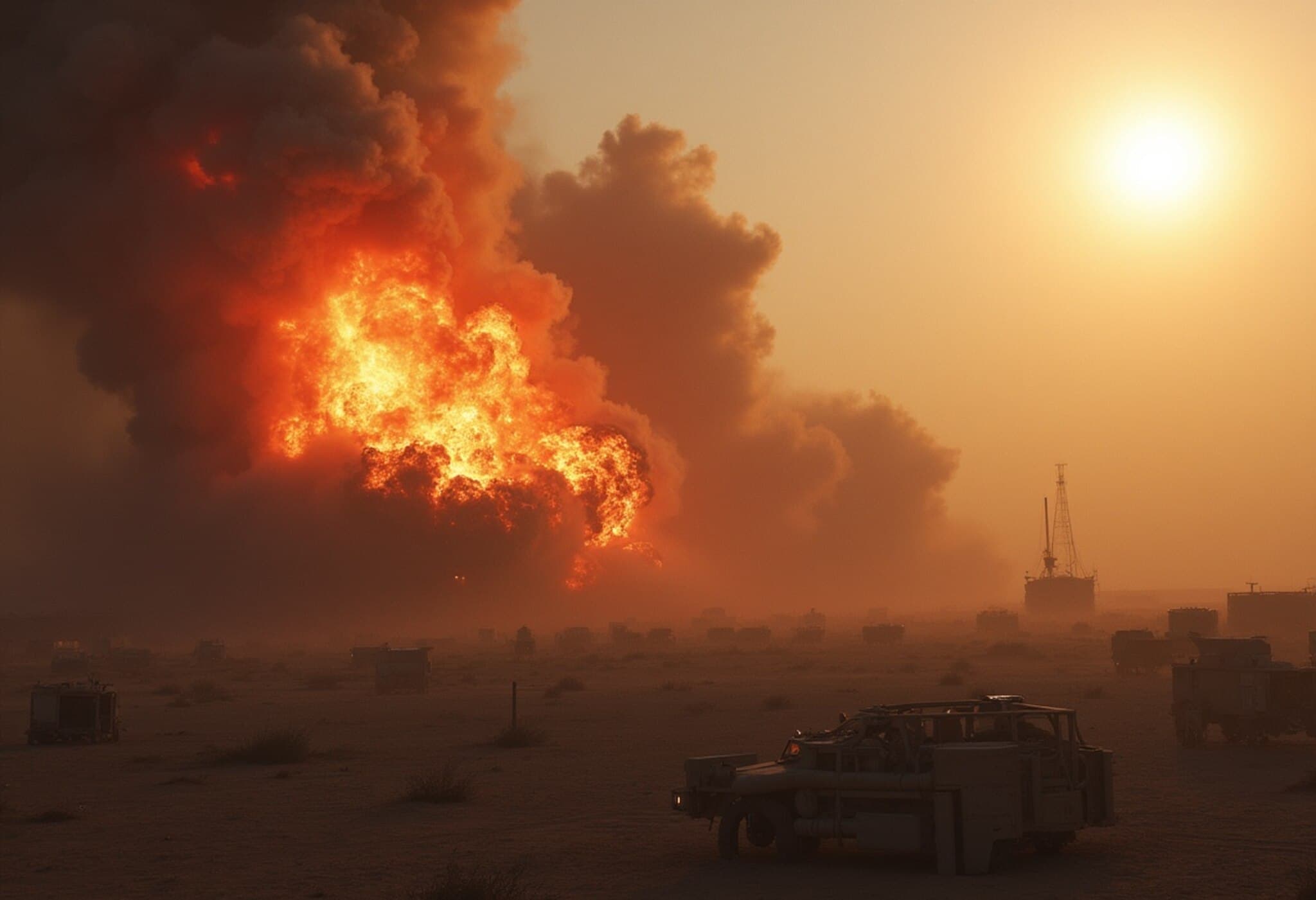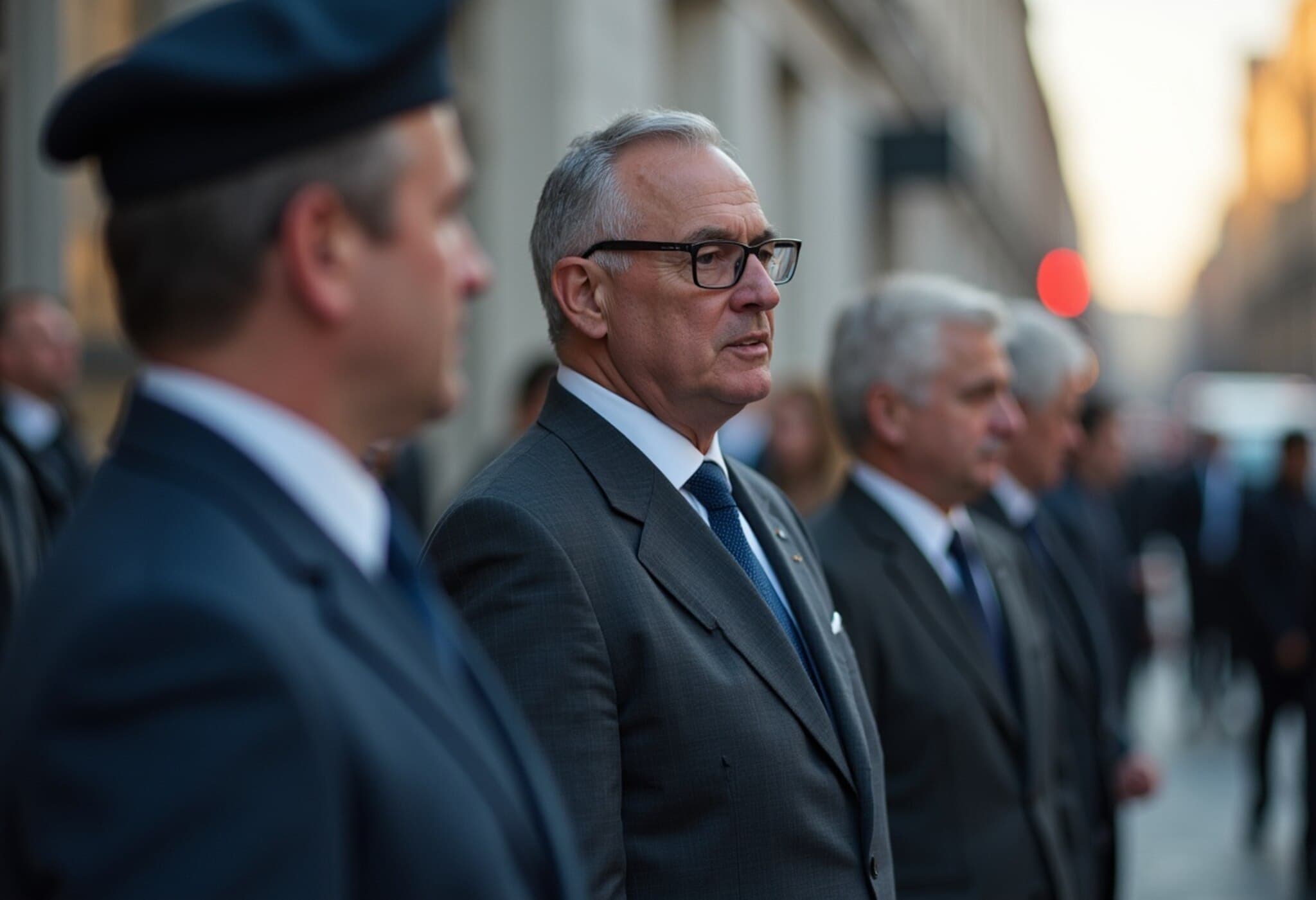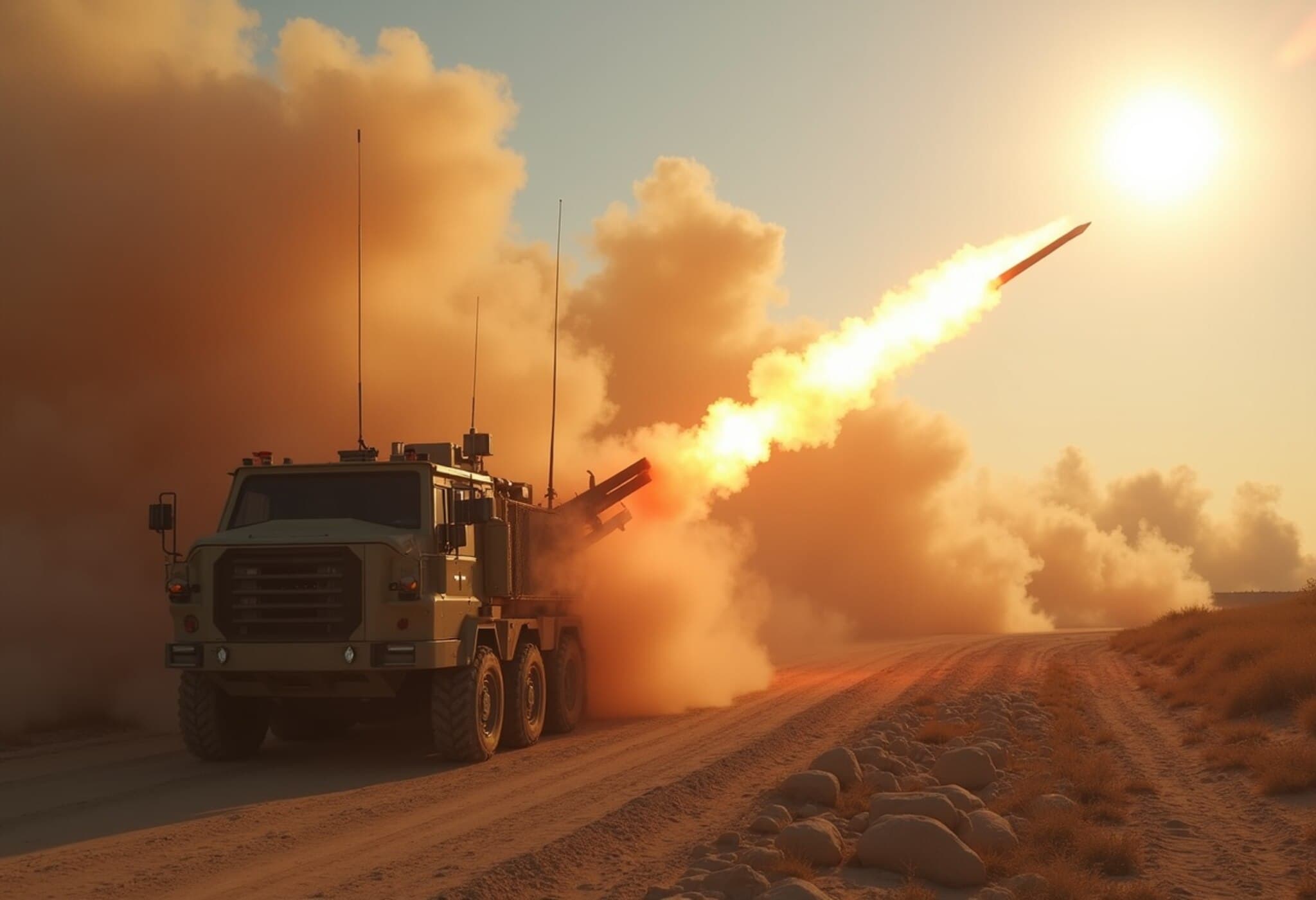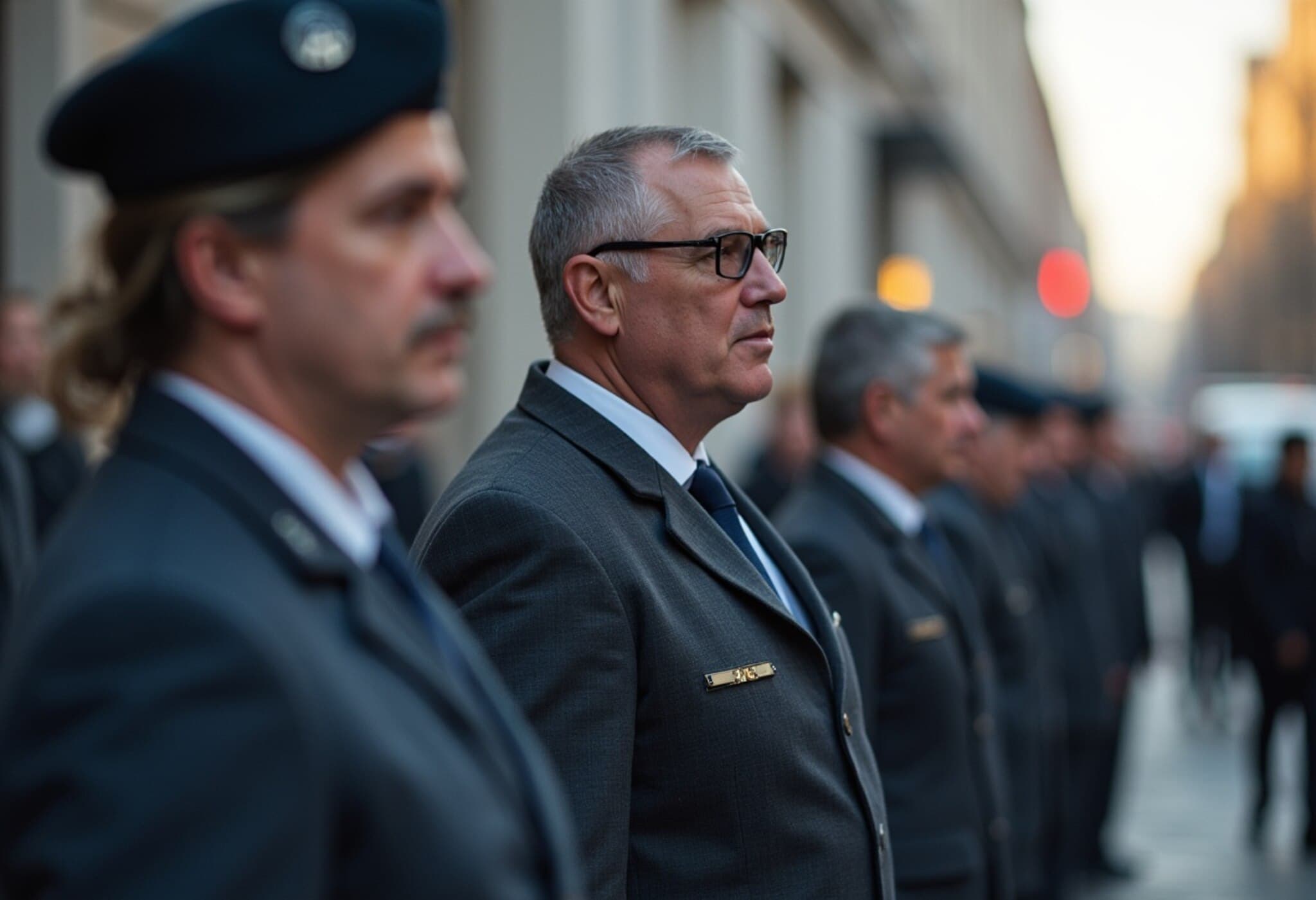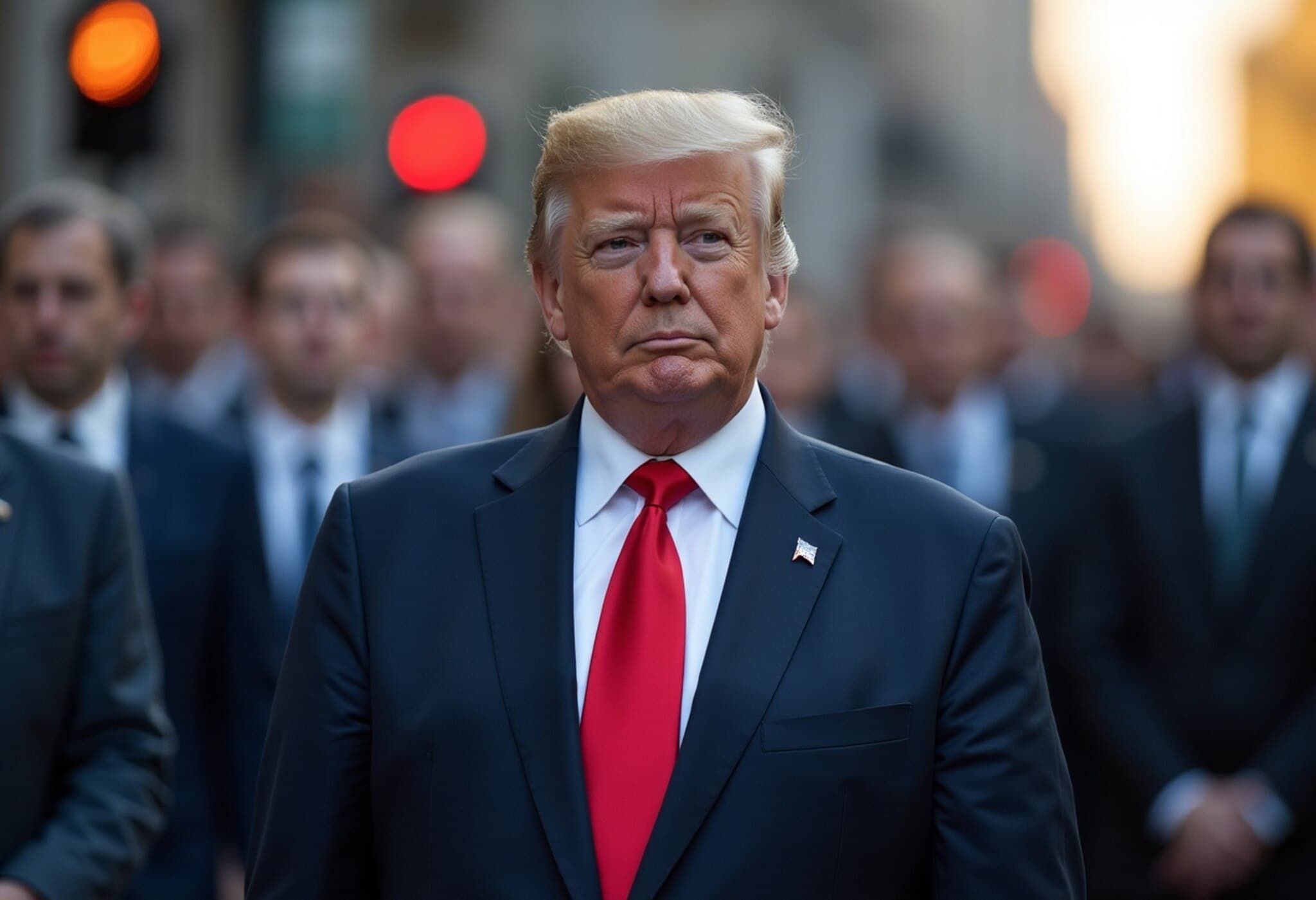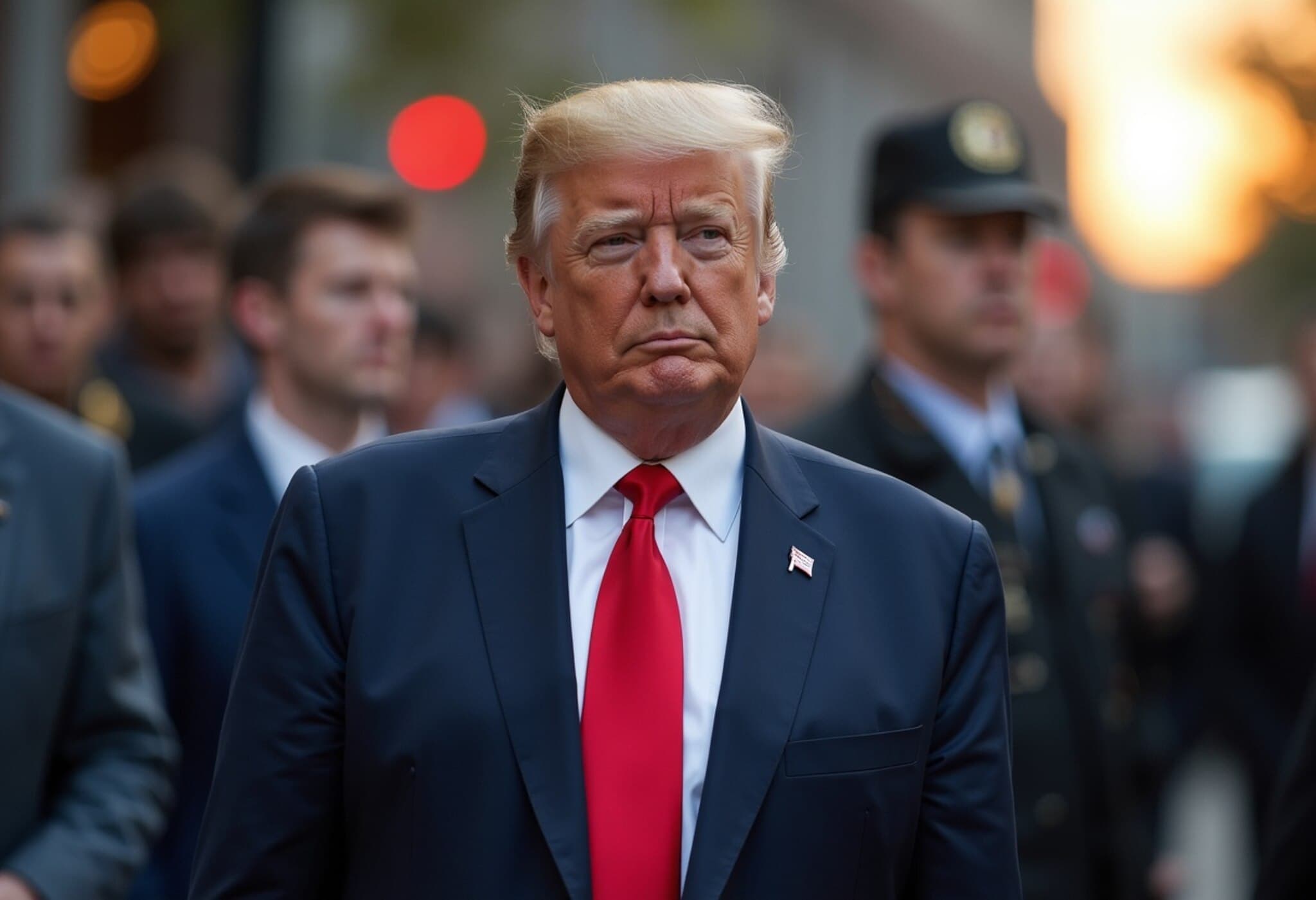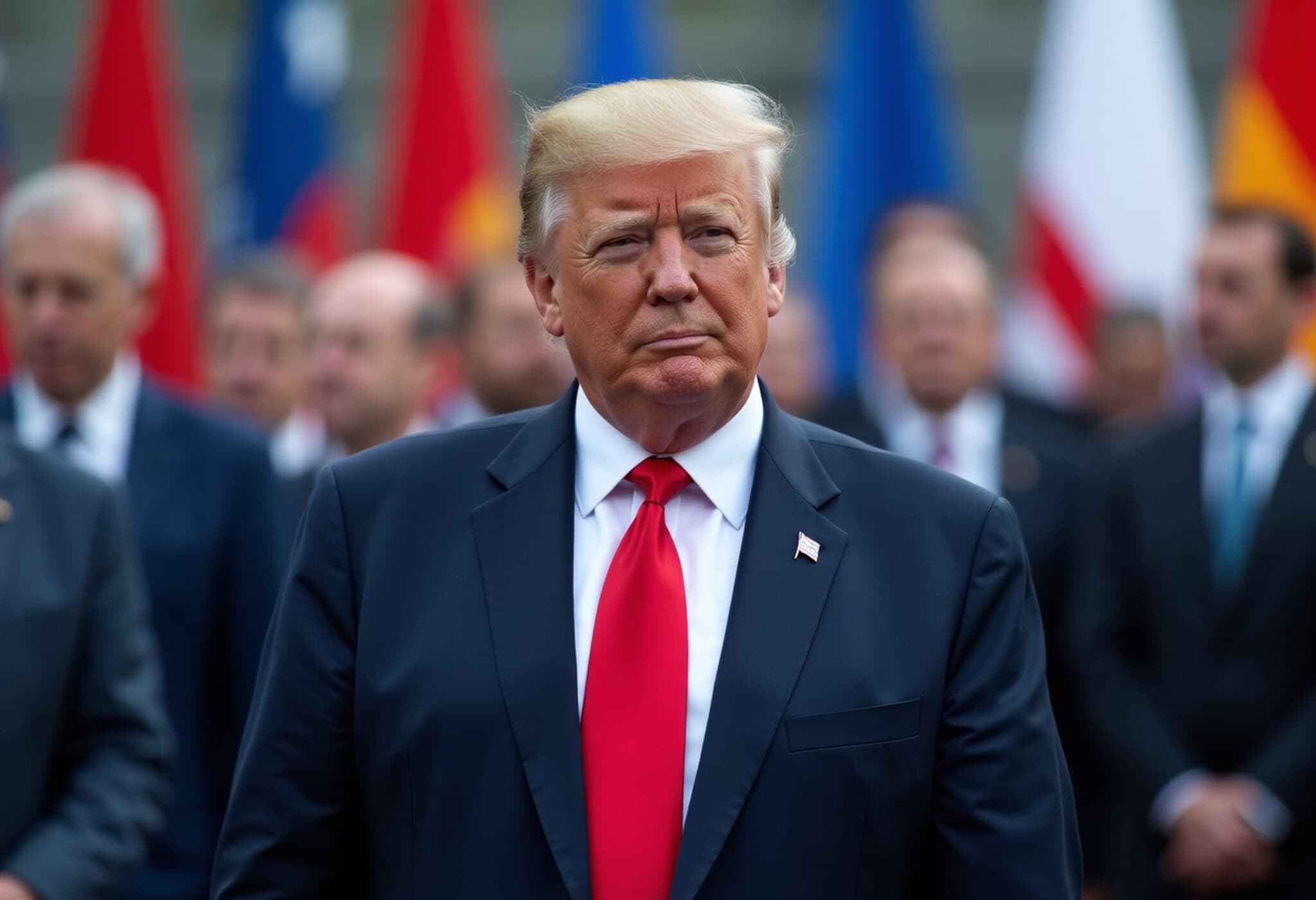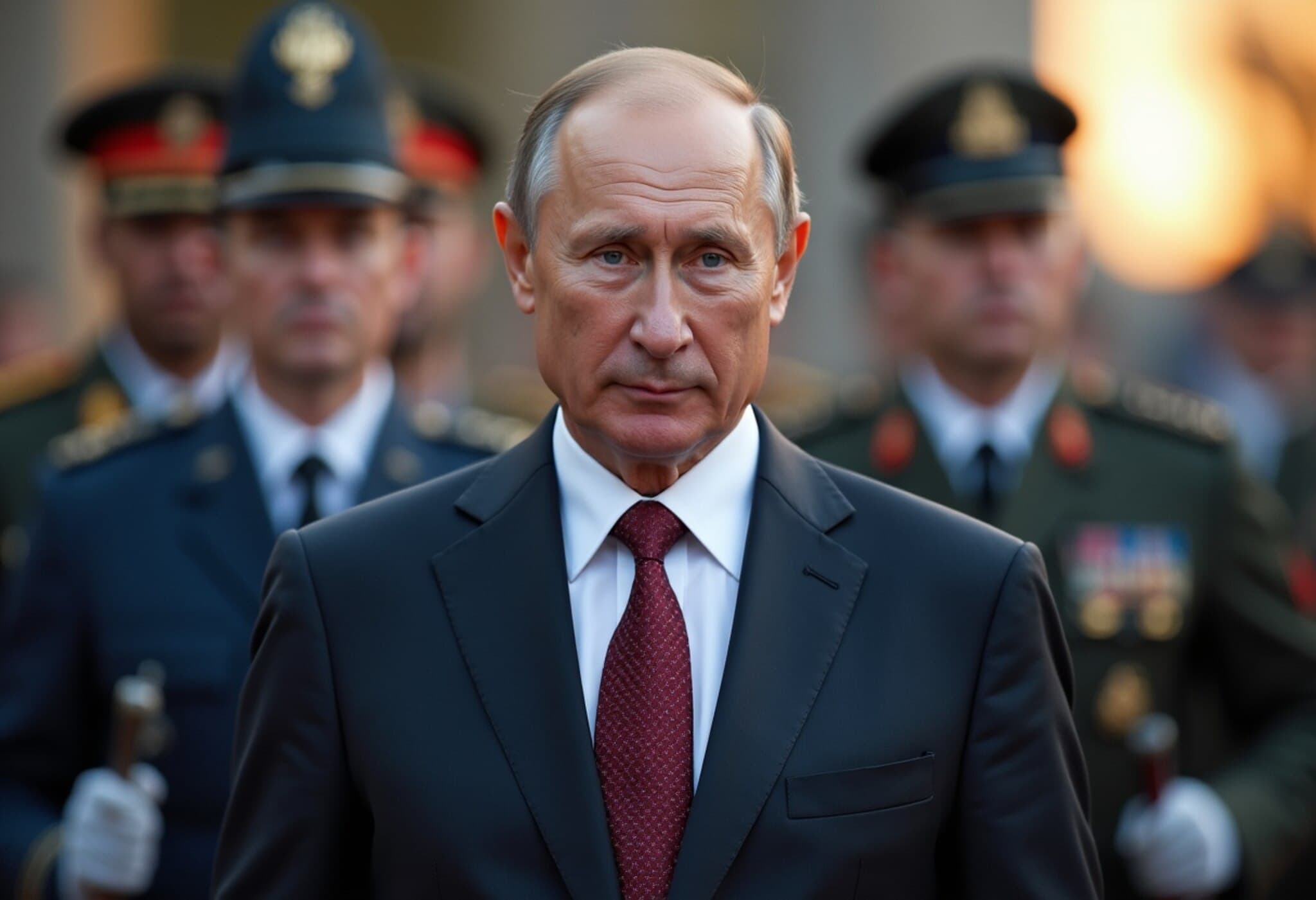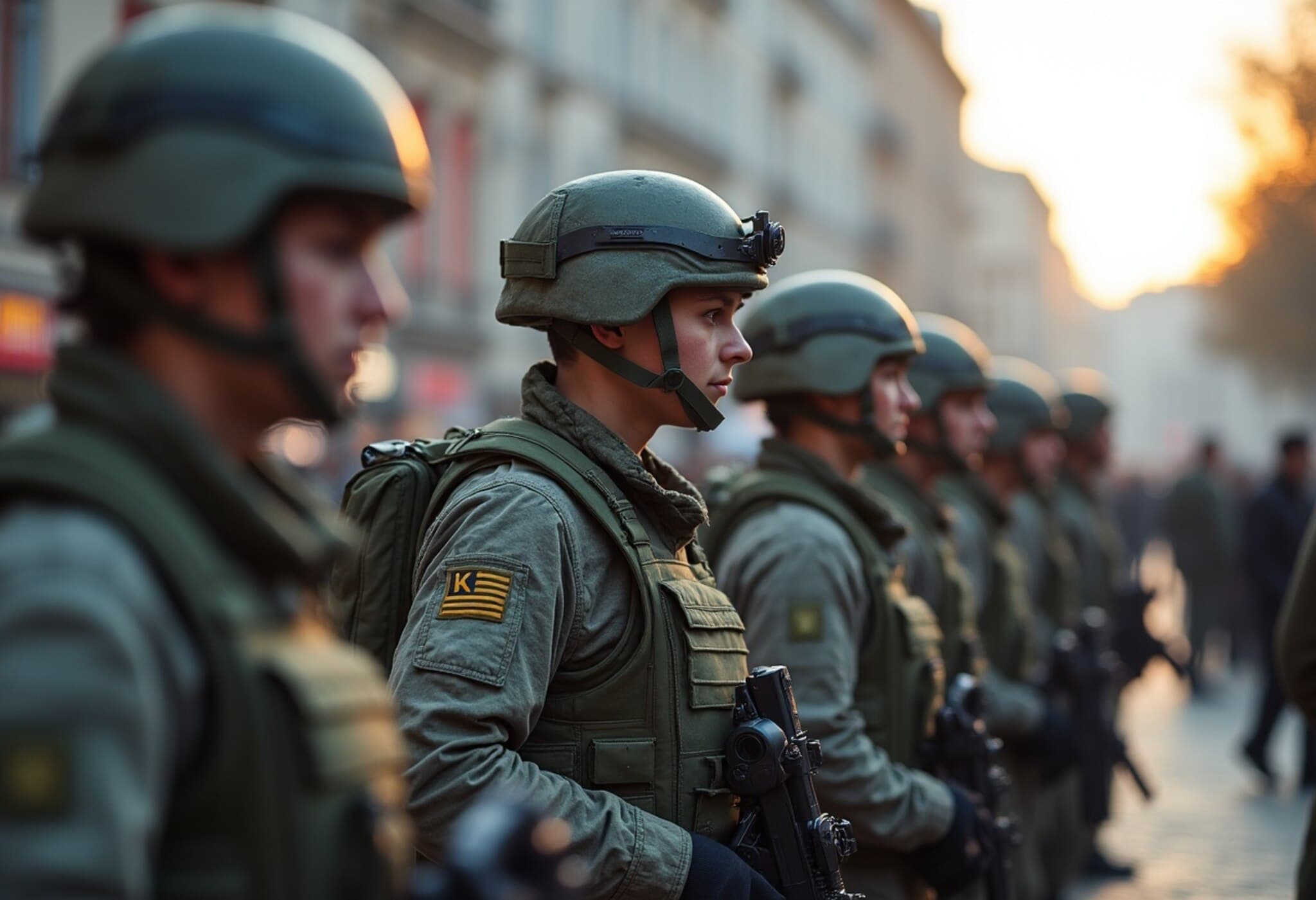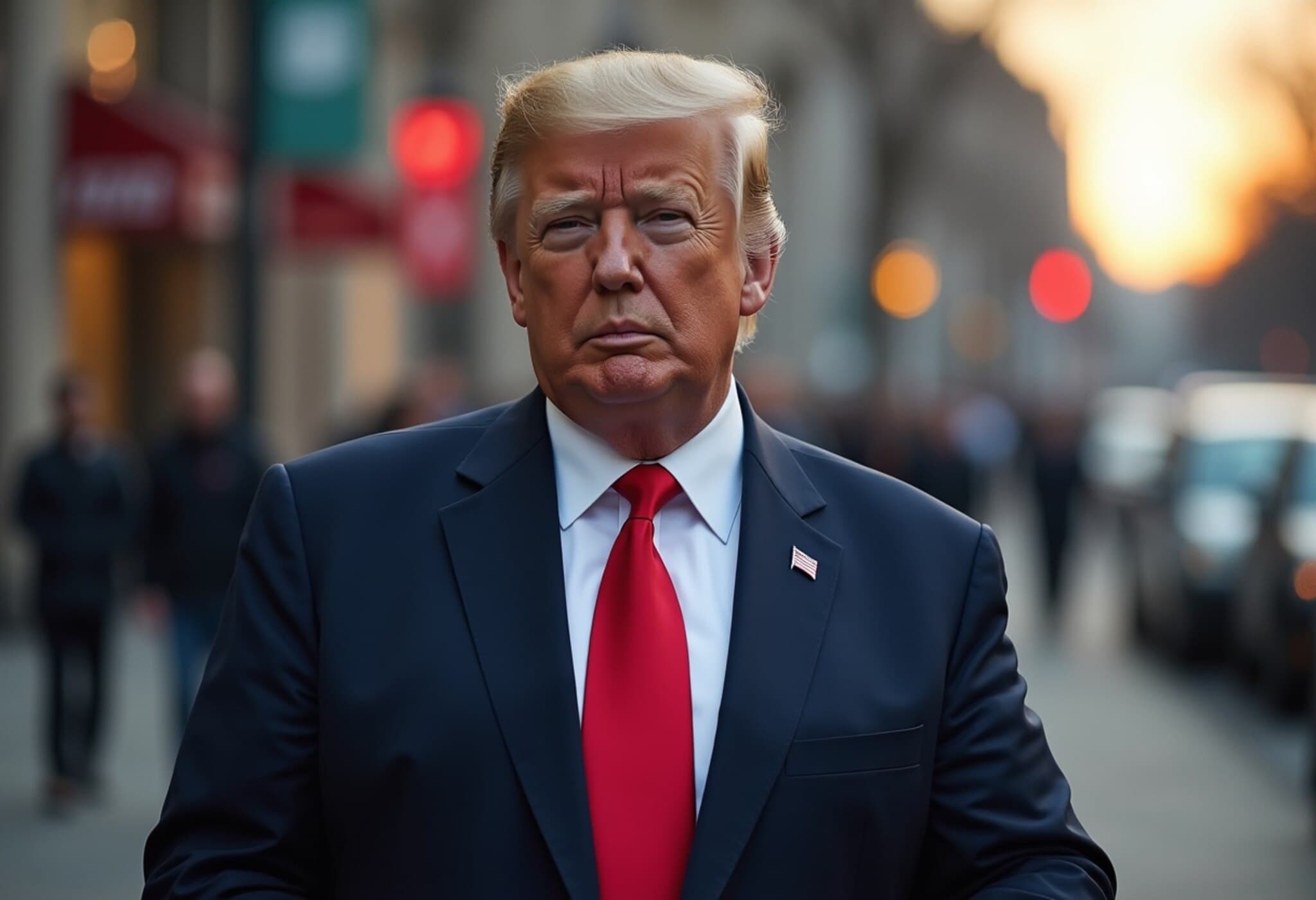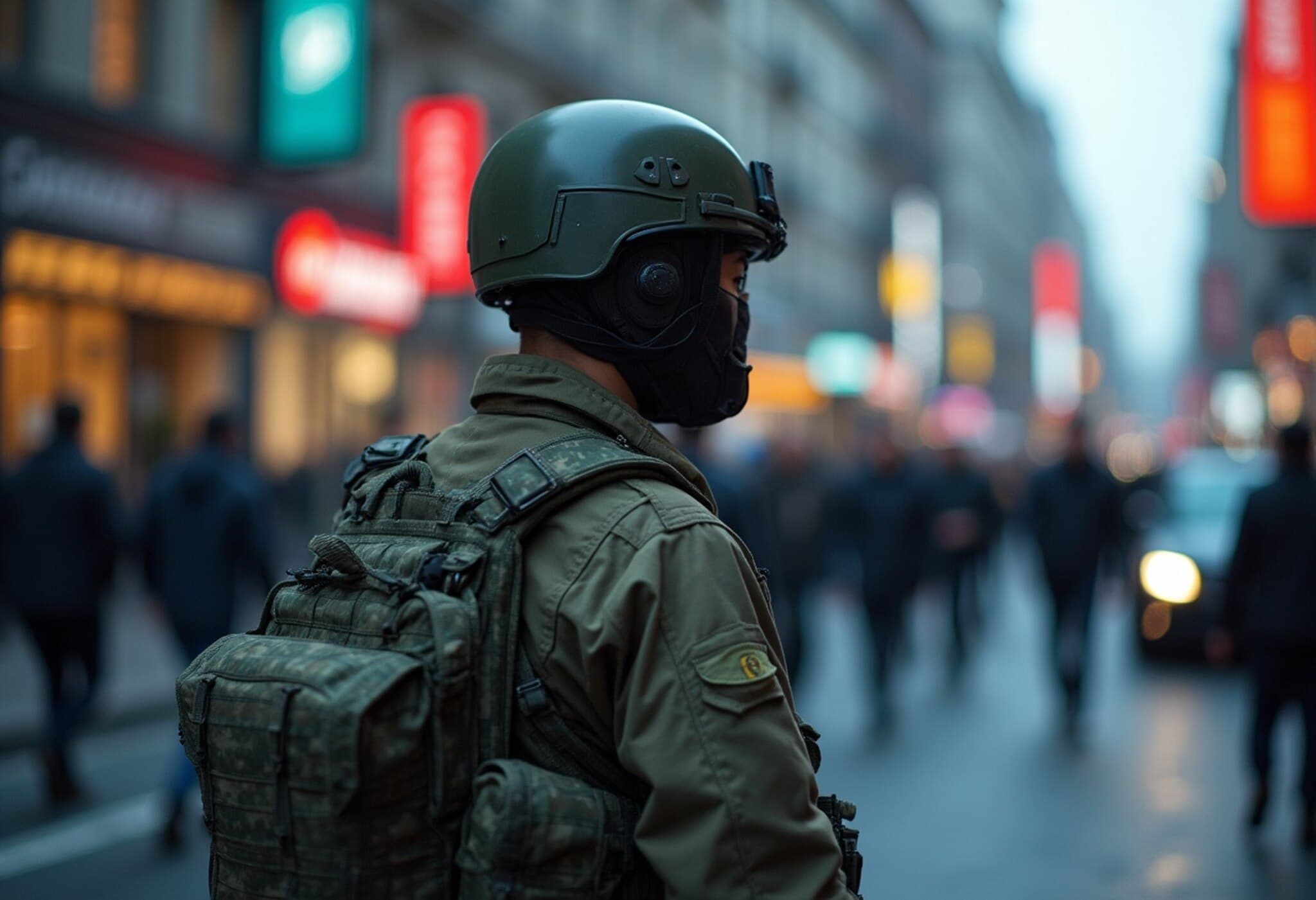NATO Commits to Significant Defense Investment by 2035
In a landmark decision influenced by sustained pressure from the United States, NATO leaders have agreed to boost their defense budgets to 5% of GDP annually by 2035. This commitment underscores the alliance’s resolve in strengthening its military capabilities amidst evolving global security challenges.
Reaffirming Collective Defense Despite Uncertainty
The 32 NATO member countries reaffirmed their "ironclad commitment" to collective defense under Article 5 of the NATO treaty, which states an attack on one member is an attack on all. However, the summit faced turbulence early on when the US President introduced ambiguity about his support, causing concern among allies.
Though initially casting doubt on what defines Article 5, the US President later clarified his stance, asserting his unwavering support for the principle during bilateral discussions. Nevertheless, his earlier remarks left some in the alliance uneasy as they strive to present a unified front.
Midpoint Review to Adjust Strategy
The alliance’s joint statement includes a planned review in 2029 to measure progress toward the spending goal and adapt strategies based on the threat landscape, with particular attention to Russia’s actions.
UK Enhances Military Support to Ukraine and NATO
British Prime Minister took a major step by pledging delivery of 350 air-defense missiles to Ukraine, funded through seized Russian assets amounting to £70 million ($95 million). Additionally, the UK announced plans to acquire 12 F-35 fighter jets from the United States, marking the most substantial nuclear capability upgrade in decades and reinforcing NATO’s shared airborne nuclear mission.
The NATO Secretary-General welcomed the UK's commitments as substantial contributions to alliance security and burden-sharing.
Finland Calls it ‘A New NATO’
Finland’s President described the summit as birthing a "new NATO", highlighting the alliance's shift toward greater burden-sharing and robust deterrence. Several Eastern European countries pledged support for the new 5% defense spending target, though some members, like Spain, expressed reservations, drawing criticism from the US President.
Mixed Reactions Within the Alliance
- Spain voiced its inability to meet the 5% spending goal, prompting frustration from the US President who labeled this stance as unfair to other allies.
- Hungary’s Prime Minister downplayed Russia’s threat level, diverging from the general consensus and reflecting closer ties with Russia.
Summit Disruptions and Diplomatic Highlights
During the summit in The Hague, an unexpected mobile network outage affected communications across the host country. Although no cyberattack was officially confirmed, Dutch cybersecurity agencies remain vigilant.
On a lighter note, the US President enjoyed royal hospitality, staying at Huis Ten Bosch palace and sharing warmly about a breakfast meeting with the Dutch King and Queen, which underscored the strong diplomatic ties between member states.
Media Tensions Over Iran Intelligence Leak
The summit atmosphere was further charged by the US President’s criticism of the media over leaked intelligence about US airstrikes on Iran’s nuclear program. He accused the press of unfairness towards military personnel involved. To support the claim of success, the US administration released a statement from Israel’s Atomic Energy Commission, claiming the combined operations delayed Iran’s program by many years.
A Call for Unity and Fair Burden Sharing
NATO’s Secretary-General opened the summit emphasizing a new era of fairness in defense spending. "For too long, one ally—specifically the United States—has carried too much of the burden," he stated firmly. This summit marked the largest security operation ever held in the Netherlands, underscoring NATO’s commitment to solidarity amid pressing security threats worldwide.




